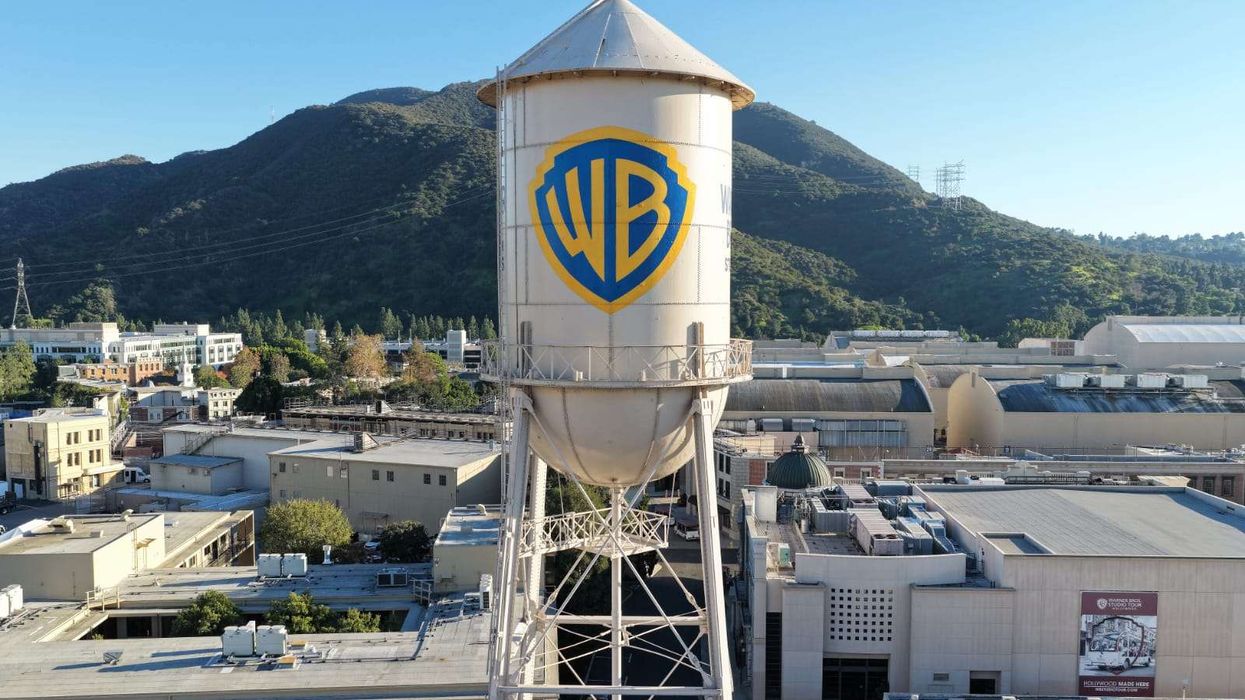PROFESSOR Anil Kashyap, yesterday (12), reappointed as an external member of the financial policy committee (FPC) of the Bank of England.
Professor Kashyap’s first term as an external member of the FPC ends on September 30, this year.
His second three -year term will end on September 30, 2022.
Michael Saunders also reappointed as an external member of the monetary policy committee (MPC) of the bank.
The Governor of the Bank of England, Mark Carney, said: “…I look forward to the FPC benefiting further from Anil’s insights from academia, creative thinking and willingness to challenge and to sharpen our communications.”
The Chancellor of the Exchequer, Philip Hammond, said: “…their expertise has proved invaluable to the FPC and MPC over the last three years, and their reappointments will continue to enhance the stability and credibility of economic and financial policy-making.”
Both external members have been reappointed in recognition of their wide-ranging expertise and high performance on the policy committees to date.











